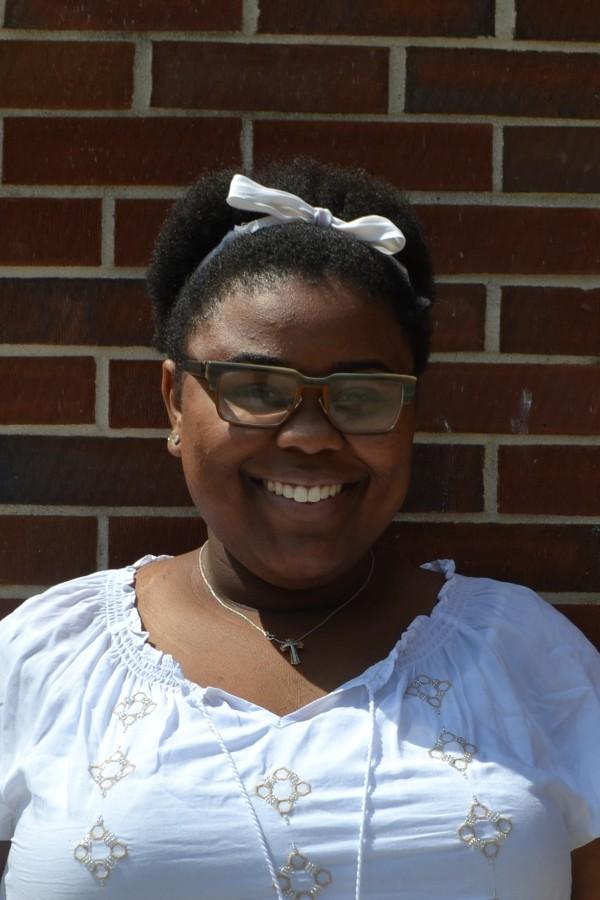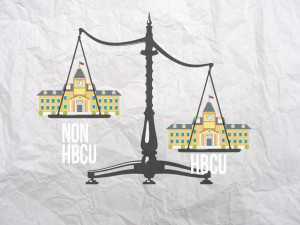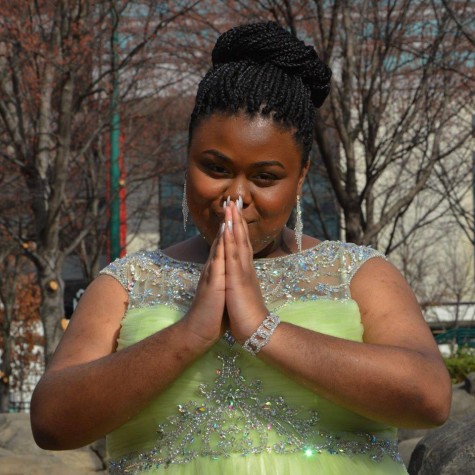Historically Black Colleges and Universities demand respect
August 21, 2014
Established in the mid-1800’s, Historically Black Colleges and Universities (HBCUs) remain an integral part of African-American culture. These institutions initially stood for black people
who desired a higher education in a culturally similar environment—one that fostered unity and pride and helped escape the racial tensions occurring outside those four walls.
When the 14th Amendment ended segregation and allowed African-Americans to attend Predominantly White Institutions (PWIs), some tension sparked, but the amendment stood as a monumental moment for black people because the government finally recognized them as equal, and ultimately worthy of quality services and education.
“I think HBCUs are still relevant because they remind us of our history and where we’ve come from. It’s a way to celebrate our accomplishments everyday,” senior Chalon Phillips said.
Some black people still choose the HBCU route to further their education, one example being that, in 2014, students continue to choose Howard University instead of Harvard University. However, because a few HBCUs face financial misfortunes, and because people believe HBCUs resemble segregation, people discredit these institutions and consider them inferior to PWIs.
In 2002, Morris Brown College lost its accreditation and federal funding, and with only 35 students, currently fights its way out of Chapter 11 Bankruptcy. Most black students do not attend HBCUs to escape diversity. They go to strengthen relations between black people. The honest truth remains that some black people still fail to receive respect. No matter how many doctors, lawyers, and scientists have brown skin, no matter how many black people possess advanced degrees, they still face prejudice daily. HBCUs teach black people that they have value. When an educated black professor teaches another black person how to become a respected professional, that legacy extends. To walk the same campus as Dr. Martin Luther King (Morehouse College), W.E.B. DuBois (Fisk University), and Oprah Winfrey (Tennessee State University), serves an inspiration to those that attend.
In addition, many students’ parents attended HBCUs and they currently fulfill a legacy. Attending their football games and homecoming events, watching the divine nine sororities and fraternities stroll on campus, even watching films and television series like Drumline or A Different World can influence this choice.
HBCUs represent a beautiful struggle and triumph over miseducation, and James Meredith, Ruby Bridges, and the Little Rock Nine helped integrate the school system for a beautiful outcome. Both routes to higher education deserve the utmost respect. Any decision to learn should receive applause.









